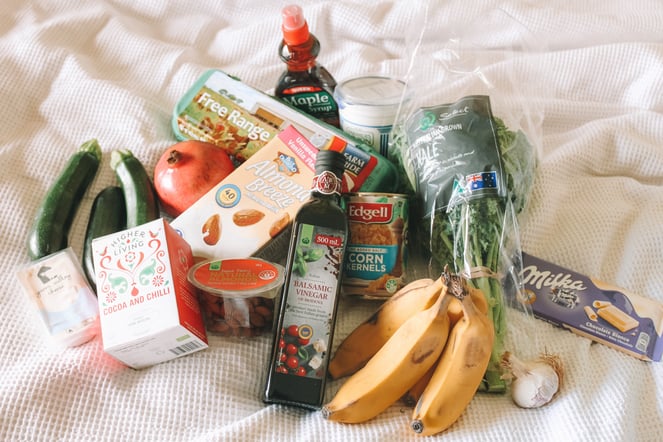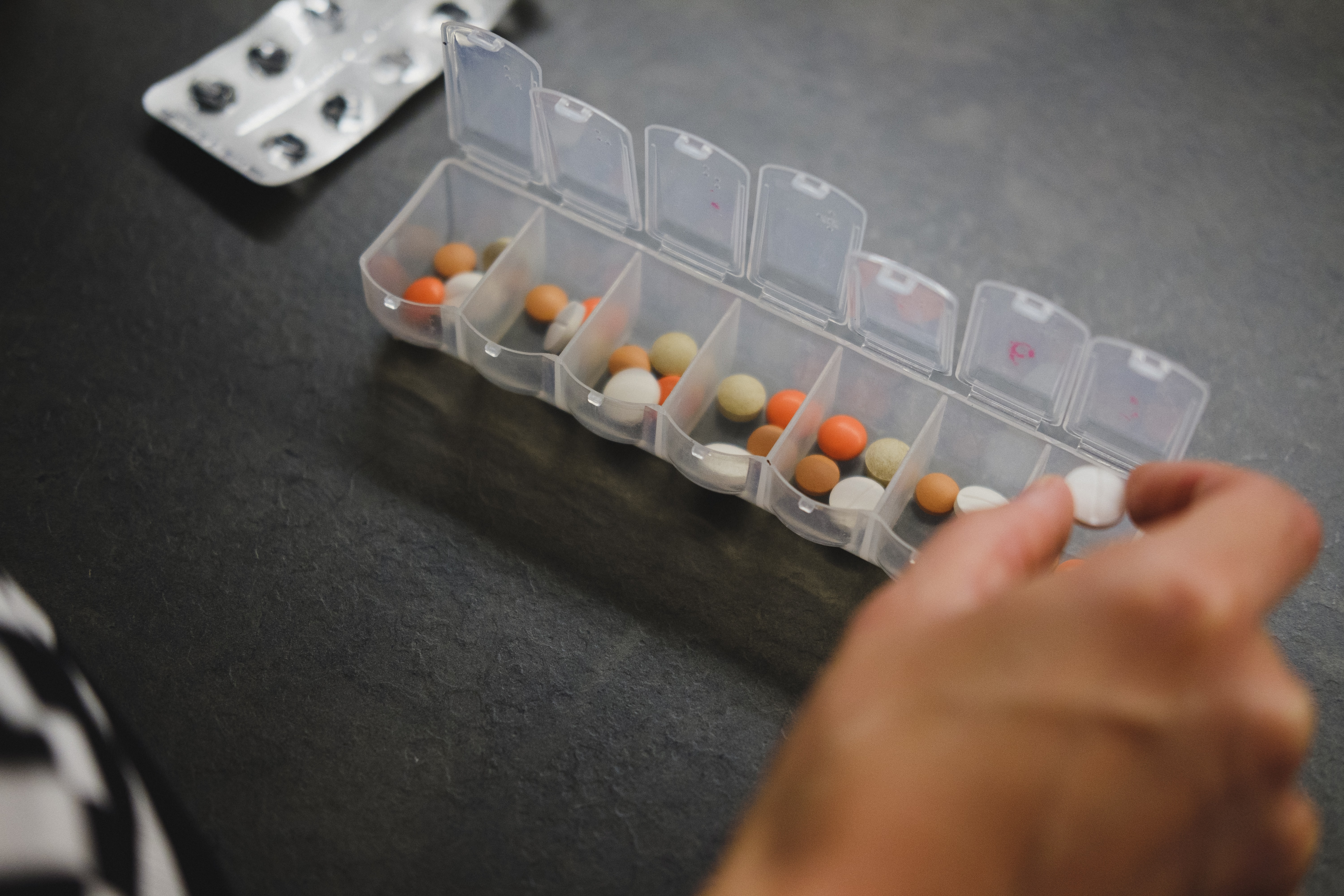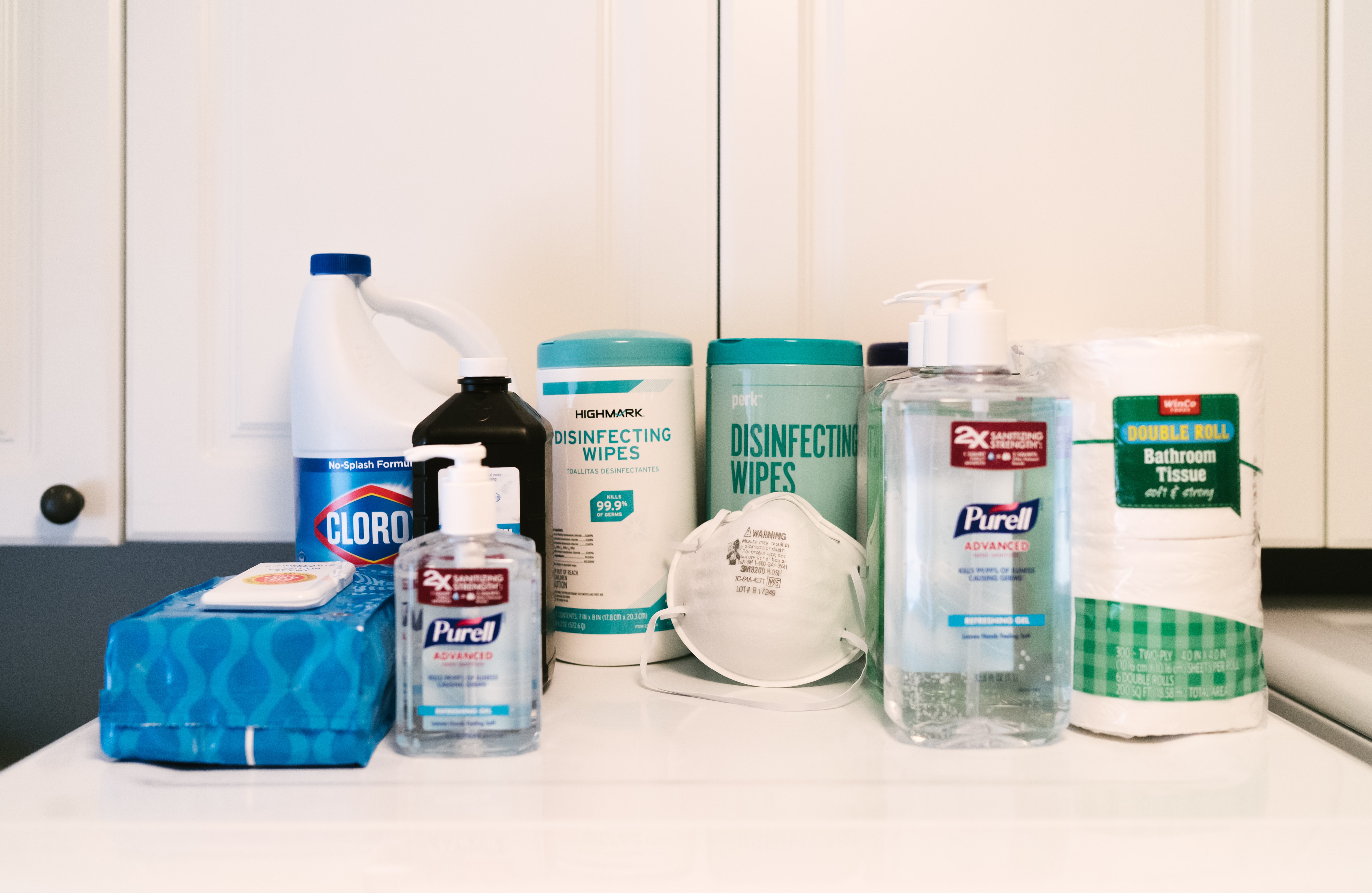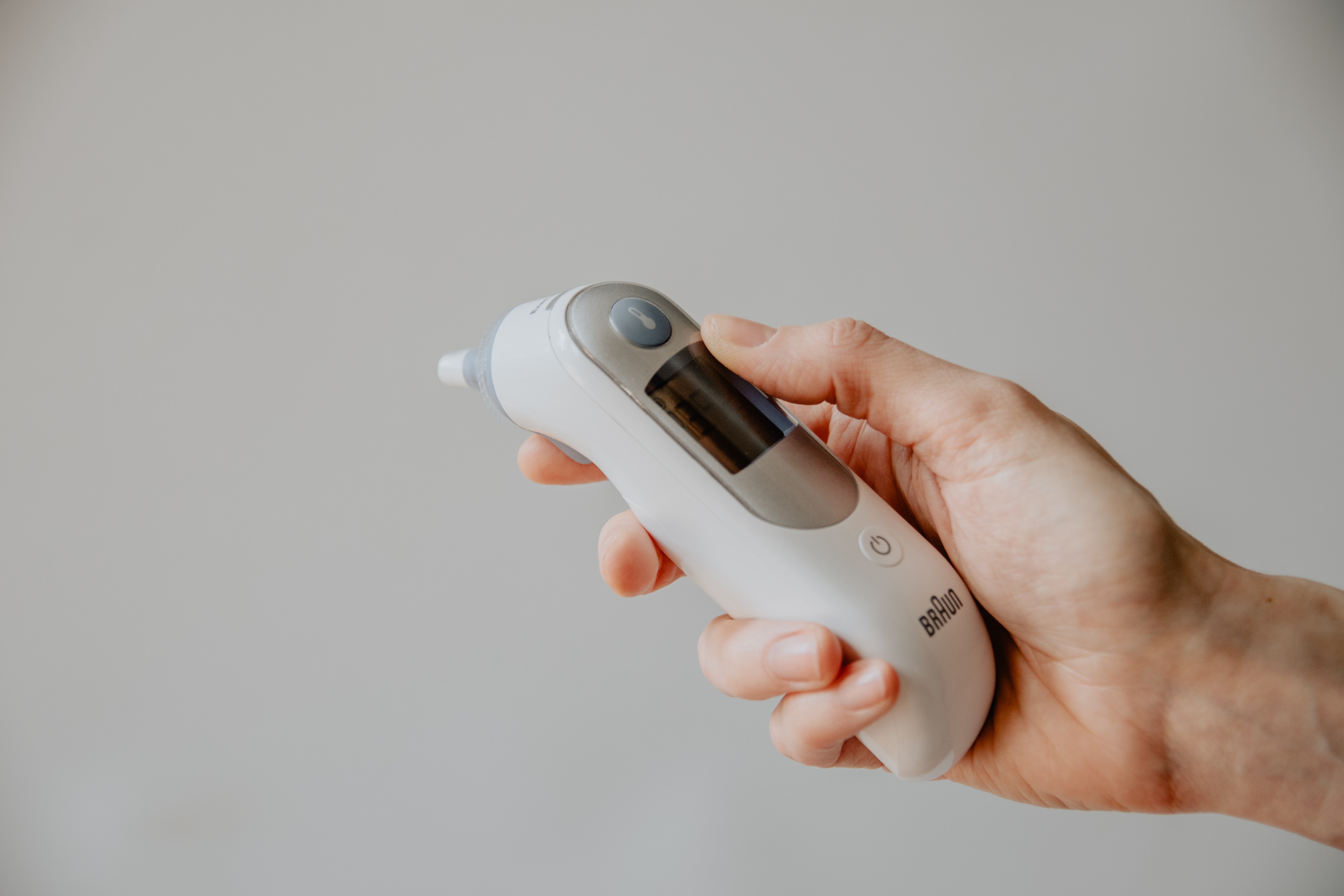Quarantine Essentials: What to Stock Up On During Quarantine
As the coronavirus continues to spread and more people are being advised to self-isolate or quarantine, it's important to have a household plan. What you can do is be prepared. That means having quarantine essentials on hand such as food, medicine, and cleaning supplies. Keep in mind that being prepared doesn't mean stockpiling or hoarding. The U.S. Department of Homeland Security is recommending two weeks' worth of supplies. Here's a suggested list of items to buy.
Food for you, your family, and pets

First, take inventory on what you already have. Look through your pantry so you don't overbuy.
Then, add non-perishables, long-lasting perishables, frozen fruits and canned vegetables to your grocery list. If you have fresh produce at home, make sure to use that up first. Then, look for canned, boxed, and shelf-stable items to have on hand. When purchasing canned goods, look for low-salt varieties. Frozen foods are also great to have.
As far as perishables go, don't shy away from getting fresh produce, just choose items that last longer (listed in the infographic below), like whole produce instead of pre-cut. If you accidentally buy too much fresh produce, remember you can freeze almost any fruit or vegetable (except items like lettuce that have a high water content).
Keep in mind you should be buying foods you'll actually eat. Again, you'll want to have two weeks' worth of food for everyone in your household- including pets! Here's a list of quarantine essential items to get you started.
Medications

The American Red Cross recommends having at least a 30-day supply of any prescription medications you're taking. If you can, try to call ahead for an extra month or two of medication just in case. Don't forget to have any self-care supplies on hand, such as items needed to manage chronic disease like blood glucose test strips for diabetes.
The American Red Cross also advises having general over-the-counter medicines such as pain relievers, stomach remedies, and cough and cold medicines and throat lozenges.
Quarantine Essential Cleaning Supplies

Soap: Good old soap and water is the recommended way to get clean. Wash your hands way more than you think you need to, and each time you do it, hum the "Happy Birthday" song twice. While soap is the preferred method of cleaning your hands, hand sanitizer with at least 60% alcohol will work too.
Towels, clean linens, and anything else you might need more of: Consider buying some more bathroom towels and swapping them out more frequently to prevent the spread of germs.
Disposable items: Make sure you have extra Kleenex, toilet paper, paper towels, and wipes and diapers if you have babies at home.
Disinfectant wipes: The CDC recommends diluted household bleach solutions, alcohol solutions with at least 70% alcohol, and most common EPA-registered household disinfectants. Check this list from the EPA to make sure your preferred cleaning product actually kills the coronavirus. Natural cleaning products are sometimes less effective.
Prepare your own homemade bleach solution by mixing 5 tablespoons (1/3 of a cup) bleach per gallon of water or 4 teaspoons bleach per quart of water.
A preparedness kit for if you get sick

Medication for reducing a fever, like acetaminophen (Tylenol). Figure out dosing information for medications while you're still healthy. If you can't manage your fever with over-the-counter medication, seek medical attention.
A thermometer for monitoring your fever. This can help you figure out if you're sick in the first place and help you notice if your fever is dangerously high.
Medication for managing a cough, including cough drops and lozenges, and cough syrups like DayQuil or NyQuil. A stuffy/runny nose isn't always a symptom of coronavirus, but decongestants like Sudafed can be helpful.
A humidifier to help you sleep better when you have a cough.
Rehydration solutions, such as Pedialyte or Gatorade, to help you stay hydrated while you're sick. These can help you recover faster.
Although there's a lot of uncertainty during this time, focus on the things you can control. Having a household plan is key and as long as you're prepared with the right groceries, medicine and cleaning supplies, there's no reason to panic!

.png?width=509&name=Foods%20to%20Stock%20Up%20on%20during%20covid-19%20(1).png)
